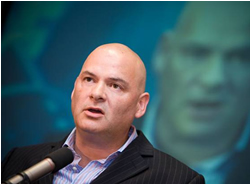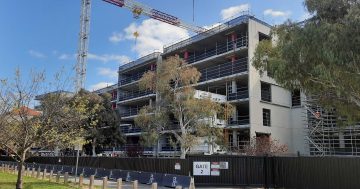IRELAND

Picture: Dylan Vaughan
A mobility scheme, introduced into the Irish Public Service is proving popular with more than 3,400 Government workers applying for new jobs.
The main reasons workers gave for moving elsewhere were “long commutes” and “sky-high housing costs”.
The scheme, which opened last September, gives State employees the opportunity to move to other parts of the country to work.
They include civilian staff in Garda (police) stations and clerical and executive officers working in welfare, revenue, agriculture and other Government offices.
Of the total who have applied, 855 are clerical and executive officers based in Dublin who wanted to work outside the capital.
They represent 12 per cent of the total of 7,000 in these grades who are eligible to apply for the scheme.
The scheme is due to be extended to allow other grades to move to other parts of the capital by June.
However, just 100 applicants have actually moved to new workplaces since the scheme was introduced.
A Spokesperson for the Department of Public Expenditure and Reform, said more than half of the offers made were declined or cancelled by applicants when they were asked if they were still interested.
An interactive ‘mobility map’ on the Department’s website carves the country into 46 zones and allows Public Servants to search for vacancies.
It gives information on the working conditions in various offices, including the availability of flexitime, a shorter working year, work sharing, wheelchair-friendliness, Irish language requirements, and the total number of positions per grade in the building.
Head of the Fórsa’s union’s Public Service Division, Derek Mullen (pictured) said the scheme currently applied to staff in lower-paid roles, but would eventually be extended to higher grades.
“It is a new departure and is part of a Civil Service renewal commitment to provide mobility at various grades,” Mr Mullen said.
He cited the example of a worker in the Department of Agriculture who might like to move to a Revenue Commissioner’s office because they had an accounting qualification.
Dublin, 27 February, 2019











